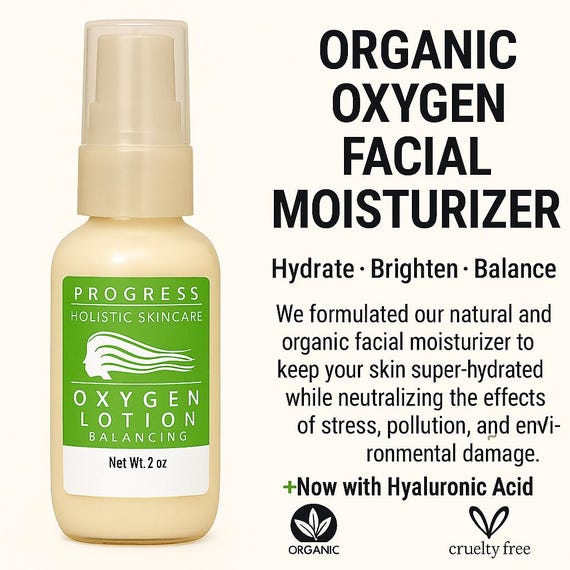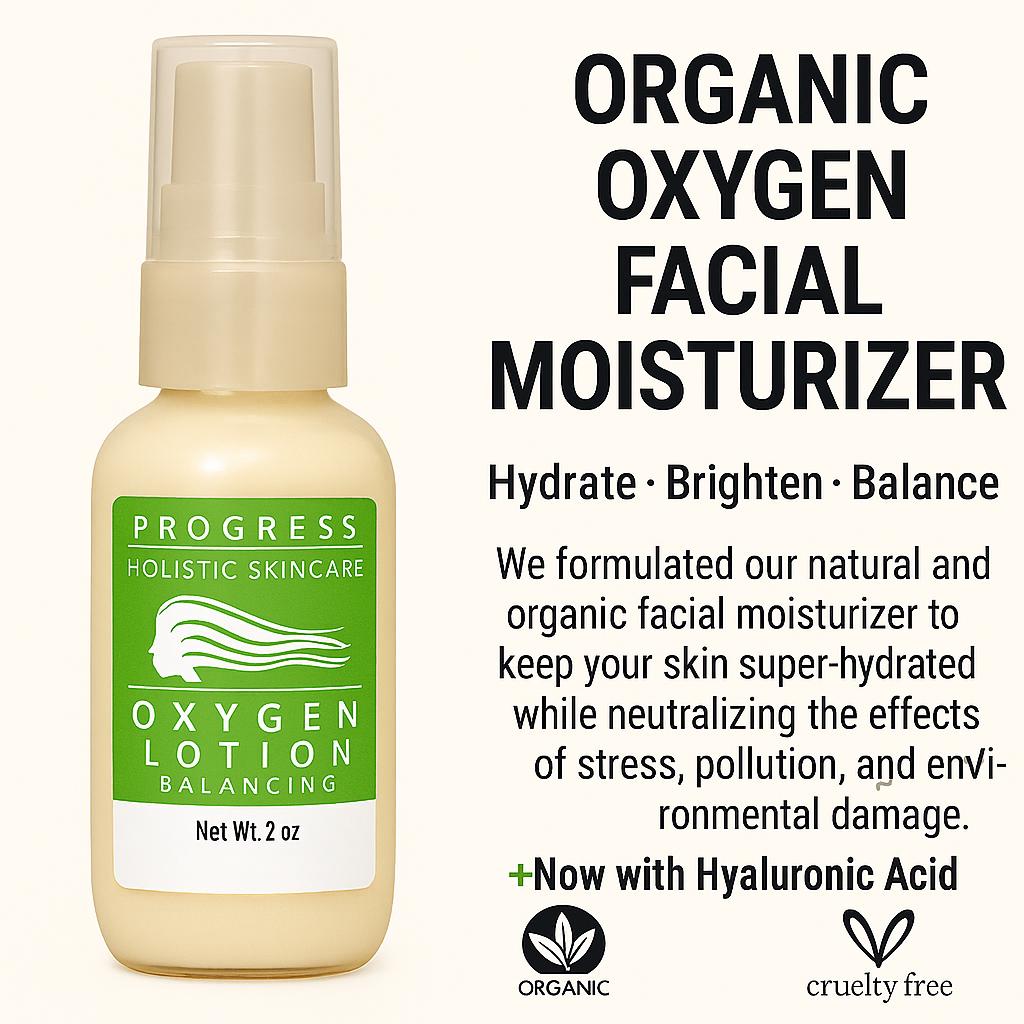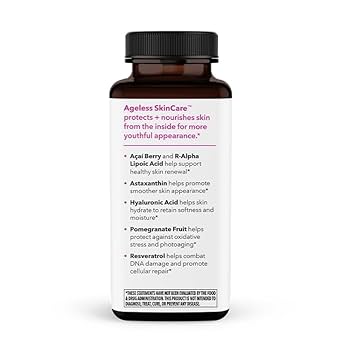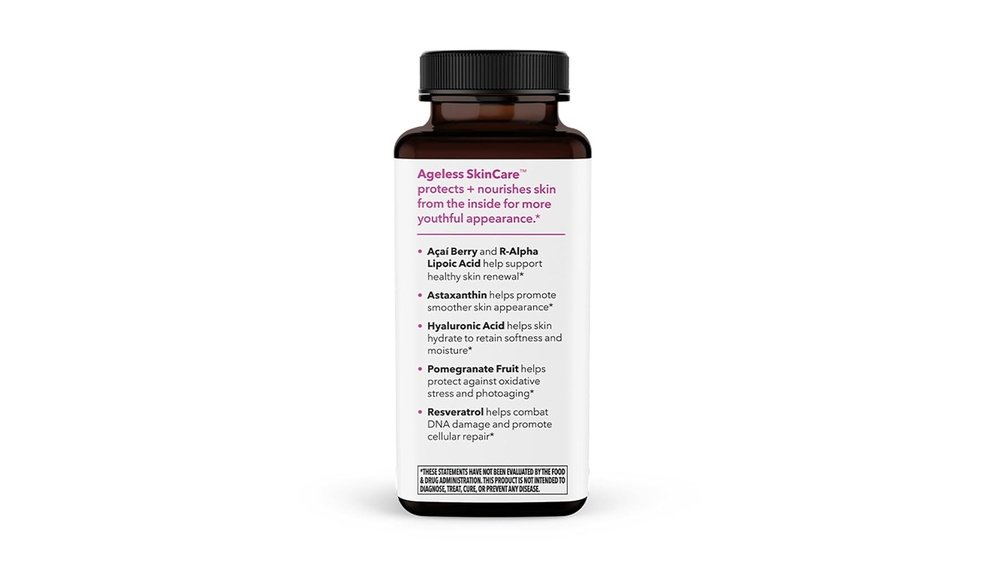You’ve been dedicated to your skincare routine, investing time and effort to achieve glowing, healthy skin. But have you noticed sudden breakouts, dryness, or fine lines appearing despite your best efforts?
It might not be your products—it could be stress quietly sabotaging your progress. Stress doesn’t just affect your mood; it can trigger changes in your skin that undo all your hard work. Want to know how stress impacts your skin and what you can do to protect your glow?
Keep reading to uncover the surprising ways stress can ruin your skincare progress and the simple steps to regain control.

Credit: www.etsy.com
Stress And Skin Health
Stress affects the skin in many ways. It can change how skin looks and feels. Both short and long periods of stress can harm skin health. Stress triggers chemical changes in the body. These changes can make skin problems worse or cause new ones to appear.
Understanding how stress impacts skin helps protect your skincare progress. Managing stress can improve skin condition and slow skin aging. Let’s explore how stress influences skin health.
Effects Of Acute And Chronic Stress
Acute stress is short-term stress that occurs suddenly. It can cause skin redness and irritation. This happens because stress increases blood flow to the skin. Acute stress also triggers hormone release, which can boost oil production. More oil can lead to clogged pores and breakouts.
Chronic stress lasts for a long time. It causes a constant release of stress hormones like cortisol. High cortisol levels break down collagen in the skin. Collagen loss leads to wrinkles and sagging skin. Chronic stress also weakens the skin’s barrier. This makes skin dry and more sensitive to damage.
Common Skin Problems Linked To Stress
Stress can cause or worsen many skin problems. Acne is one of the most common issues. Stress increases oil production, which clogs pores and causes pimples. People with eczema may see flare-ups from stress. The skin becomes red, itchy, and inflamed. Psoriasis symptoms can also get worse with stress.
Other problems include dry skin and premature aging signs. Stress slows skin healing and reduces its glow. Dark circles and puffiness under the eyes often appear too. Stress affects skin health deeply and can ruin skincare progress.
How Stress Accelerates Aging
Stress speeds up the aging process of your skin in many ways. It disturbs the natural balance and slows down skin repair. This can make your skin look tired and older than it really is. Understanding how stress affects aging helps protect your skin better.
Impact On Wrinkles And Fine Lines
Stress causes your skin to lose elasticity. This makes wrinkles and fine lines appear faster. When stressed, your body produces less collagen. Collagen keeps your skin firm and smooth. Without enough collagen, skin becomes saggy and dry. Stress also reduces skin cell renewal. This slows down healing and repair. Over time, these effects deepen wrinkles and fine lines.
Role Of Cortisol In Skin Aging
Cortisol is a hormone released during stress. High cortisol levels break down collagen and elastin in the skin. These proteins keep skin firm and flexible. Cortisol also increases inflammation, which damages skin cells. This leads to dullness and uneven skin tone. Excess cortisol can cause skin to produce more oil. This triggers acne and other skin problems. Managing cortisol levels is key to slowing skin aging caused by stress.
Stress-triggered Skin Conditions
Stress affects the skin in many harmful ways. It can cause or worsen certain skin conditions. These conditions often flare up during stressful times. Understanding how stress triggers skin problems helps protect your skincare progress. Here are some common stress-triggered skin conditions.
Acne Flare-ups And Oil Production
Stress increases hormone levels that boost oil production. More oil clogs pores and causes acne breakouts. People prone to acne may see sudden flare-ups. Stress also slows down healing, making acne last longer. Keeping stress low helps control oil and reduce pimples.
Psoriasis, Eczema, And Inflammation
Psoriasis and eczema are skin diseases linked to stress. Stress triggers immune responses that cause inflammation. This inflammation leads to redness, itching, and dry patches. Flare-ups happen more often during stressful periods. Managing stress can reduce symptoms and improve skin comfort.

Credit: www.etsy.com
Reversing Skin Damage From Stress
Stress can leave visible marks on your skin. It may cause dryness, redness, or breakouts. Reversing skin damage from stress requires a careful approach. Healing takes time and the right skincare steps. Simple changes in your routine can support your skin’s recovery. Managing stress can improve your skin’s appearance and health.
Skincare Adjustments During Stress
During stressful times, your skin needs gentle care. Avoid harsh products that may irritate or dry out your skin. Use mild cleansers and hydrating moisturizers to maintain the skin barrier. Adding antioxidants like vitamin C can help repair damage. Sunscreen is essential to protect sensitive skin from UV rays. Stick to a simple routine to avoid overwhelming your skin.
Benefits Of Stress Management On Skin
Reducing stress lowers cortisol levels that harm skin cells. Relaxation techniques calm inflammation and reduce breakouts. Better sleep helps skin repair and regenerate overnight. Exercise boosts blood flow, bringing nutrients to your skin. Drinking water flushes out toxins and keeps skin hydrated. Overall, managing stress leads to clearer and healthier skin.
Stress Reduction Techniques For Better Skin
Stress can harm skin and slow skincare progress. Reducing stress helps skin heal and glow. Simple daily habits calm the mind and body. These habits support better skin health and appearance.
Relaxation And Mindfulness Practices
Relaxation lowers stress hormones that damage skin. Deep breathing, meditation, and yoga calm the nervous system. Mindfulness helps focus on the present moment, easing tension. These practices improve sleep, which aids skin repair. Try spending a few minutes daily on these exercises. Consistent relaxation can reduce redness and breakouts.
Exercise And Healthy Diet
Exercise boosts circulation, bringing oxygen to the skin. It helps flush out toxins through sweat. Physical activity also reduces stress hormones and lifts mood. A balanced diet rich in fruits and vegetables supports skin health. Foods high in antioxidants protect skin cells from damage. Drinking water keeps skin hydrated and firm. Combine exercise with good nutrition for glowing skin.

Credit: www.amazon.com
Frequently Asked Questions
Does Stress Affect Skincare?
Stress negatively affects skin by increasing oil production, causing dryness, inflammation, acne, and accelerating aging signs. Managing stress improves skin health.
Is Skin Damage From Stress Reversible?
Yes, skin damage from stress is often reversible. Reducing stress and maintaining good skincare can restore skin health effectively.
Does Your Skin Get Worse With Stress?
Stress triggers increased oil production, worsening acne and causing flare-ups of eczema or psoriasis. It also speeds skin aging and dryness. Managing stress helps improve skin health and reduce inflammation.
Can Reducing Stress Improve Skin?
Reducing stress lowers cortisol levels, which helps prevent acne, dryness, and premature aging. Managing stress improves overall skin health.
Conclusion
Stress can harm your skin and slow your progress. Managing stress helps keep your skin healthy. Simple habits like exercise and rest reduce skin problems. Stay patient; skin needs time to heal and improve. Taking care of your mind supports glowing, clear skin.
Don’t ignore stress—it shows on your face. Keep calm to protect your skincare journey. Your skin reflects how you treat your body and mind.
 Skip to content
Skip to content 